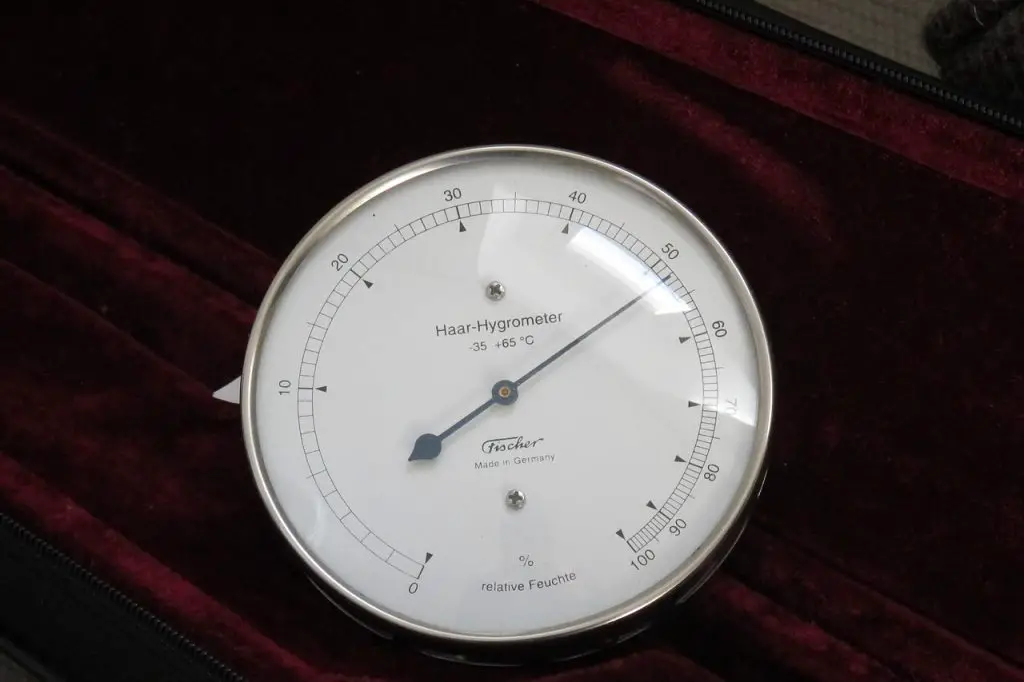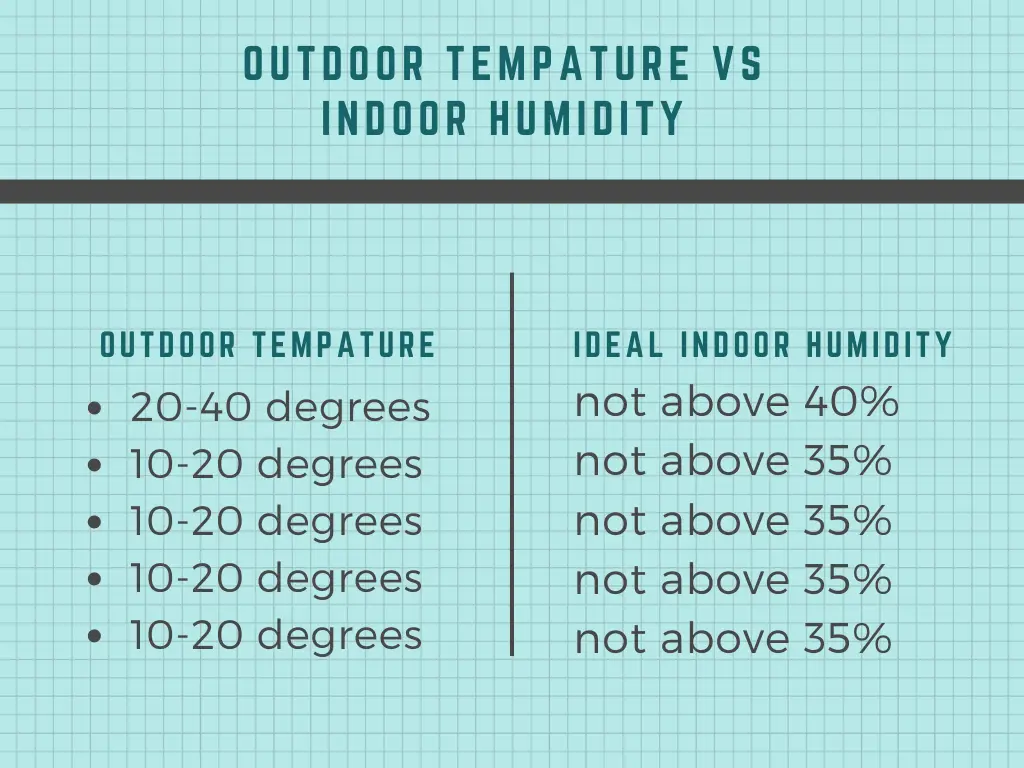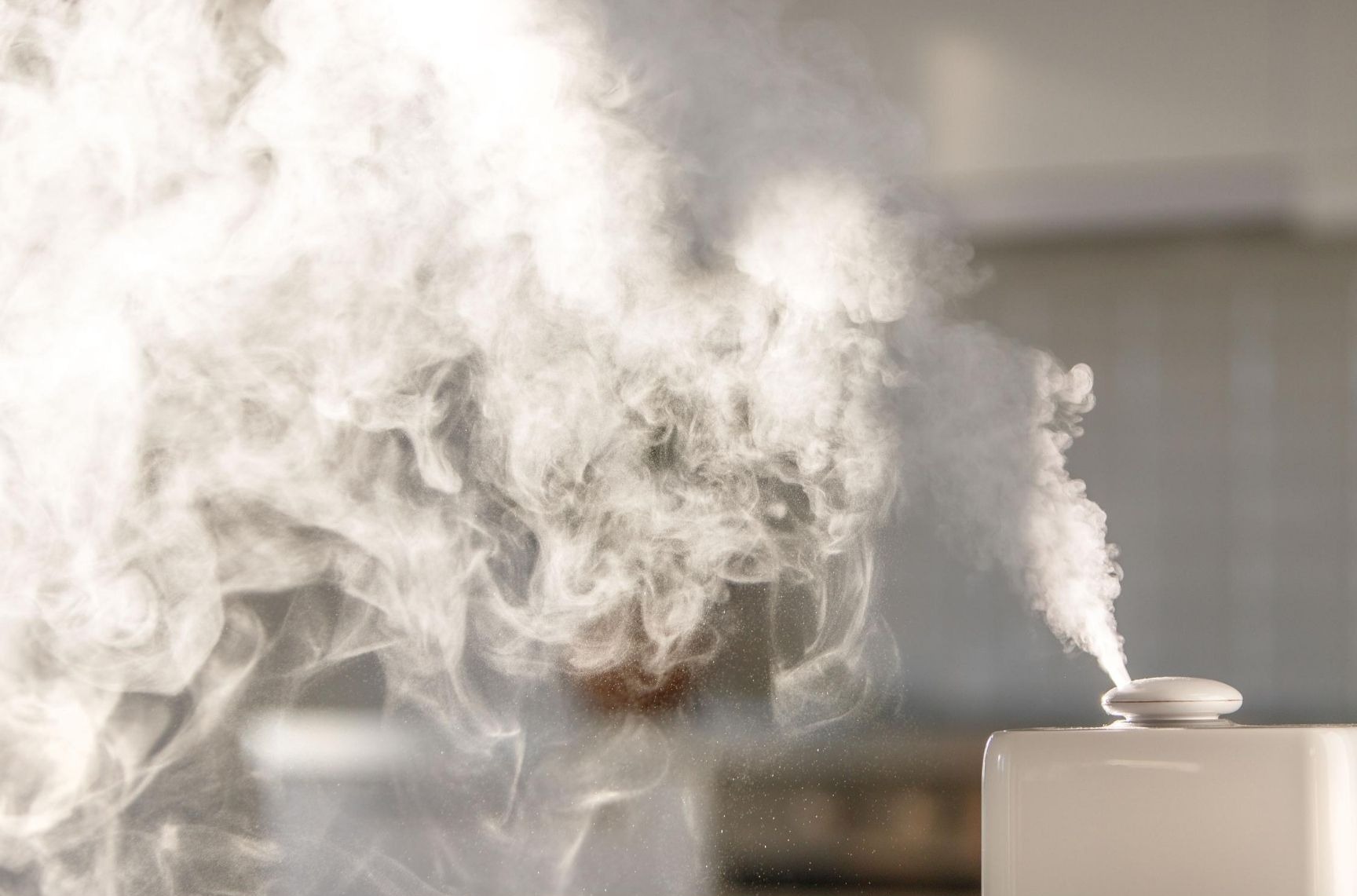Table of Contents
Do I need an Air Purifier or Humidifier for Sinus?
Sinus pain is caused by inflammation in your sinus cavities. A cool mist humidifier can help sooth your sinuses and give you some much needed quick relief.
But a good air purifier will filter out as much as 99% of the germs and bacteria, which could be the reason you are having problems with your sinuses when you are in specific area in the first place.
In other words an ounce of prevention is worth a pound of cure.
Whenever I got into the air purifier business I did not even know what an air purifier was or what it did, only that I was looking for something to sell.
Through a MLM home business opportunity I was introduced to an air purifier that used photocatalytic oxidation to eliminate almost any kind of indoor air pollution.
And if you could stand the smell of ozone, that machine was awesome.
I thought, what an opportunity to help people alleviate the constant issues they have with sinus and allergies.
I mean everyone i know has problems with sinuses and breathing practically,
and providing an answer for those issues could provide me with an excellent business.
What I found out was that not only did I not know what an “air purifier” was but that not very many other people did either.
20 Years down the line and people still ask me if I’m still selling my HUMIDIFIERS.
That is one of the points of this article.
These air devices or not something people think about everyday and why should they?
I found that a lot of people do not know the difference between air purifiers and humidifiers , dehumidifiers and Air conditioners.
Again, why would you need to know until you’re having a problem that requires you to get that knowledge?
So if you have sinus problems and you are looking for a device to help you feel better,
then you may be trying to figure out whether or not the air purifier is what you need or a humidifier.

There is so much confusion when it comes to colds and allergies.
For instance, you will hear that you need humidity to breathe when you have a sinus infection,
But you will also hear that mold and dust mites thrive in humid conditions.
And that Dust mites and mold spores are allergens and allergens cause sinus inflammation.
Confused yet?
Humidity or No humidity?
Truth is if you didn’t have humidity it would be way too dry and you would suffer from nosebleeds, sinus pain, and dry throat and you would be miserable.
But If you have too much humidity then the air is too thick and host more allergens clogging your sinus cavities, making it hard to breathe and you will be miserable.
But regardless of whether the air is too dry or The air is too wet, if the air quality is poor you are going to be miserable.
lol.
So which is it?
A humidifier will add humidity to the room when the air is too dry.
A Dehumidifier will take humidity out of the air when the air is to wet.
But regardless, it is the pollution in the air that is the culprit.
So unless you do something to help eliminate the allergens,
like dust mites and dander, mold spo res and pollen, bacteria and germs,
res and pollen, bacteria and germs,
you are only asking to keep repeating the same issues you have with sinus infections and allergies over and over.
What type of air purifier do I need for sinus relief?
An Air purifier that has a true HEPA filter and a carbon filter is the best way to go in most small rooms, bedrooms, and living rooms.
HEPA filters will filter out pollutants of small is .3 microns which is over the top when you’re talkin about filtering out allergens.
Any gas or chemical allergenics will be captured by the carbon filter.
Many air purifiers come with on board air monitors give you a continual update on the air quality in your house.
A very handy benefit when you are coming into pollen season or if you have introduced something new in the house that is making you tear up and sneeze.
Another type of air purifier that will help with the continuing issues with sinuses and allergies is the in duct air purifier.
This type of air purifier will require you to have central heat and air installed in your house or building.
The ideal Behind These air purifiers is that much of the allergens that are being circulated around the house are coming from your air handler itself.
The reason is, not only does your HVAC system provide a excellent breeding ground for mold,
it will also pick up other allergens and circulate them the house whenever the unit is running.
Placing the in duct air purifier inside the plenum of the central heat and air system will clean the air,
Before it gets into the house and clean the air that it is being picking up and circulating through the vents.
These are purifiers typically use photocatalytic oxidation or plasma ionic.
Since these are purifiers do not typically have any type of air monitoring capabilities,
it only stands to reason that installing an air qualty monitor in the house will help you keep track of air quality in your home.
Another monitor that you can buy that will help you reduce indoor air pollution,
and help you keep an eye on the wear and tear of your machines is a humidity monitor or the technical term hygrometer.

Humidity will not only help facilitate mold growth and dust mite growth.
It will also cause your air conditioner to run overtime, reducing the life of the unit.
What is a good indoor humidity level?
Most HVAC professionals agree that the humidity inside the home should be around 30 – 50%.

A dehumidifier will vacuum the moisture out of the air and create an environment that you can breathe in again.
Dehumidifiers are very handy when you are trying to use your basement as a living area.
Another off-the-wall question I sometimes hear is,
Can you be allergic to oxygen?
No you can’t be allergic to oxygen.
Oxygen is vital for living and is only one of the ingredients of air itself.
But your air can be full of contaminants that are causing you to have an allergic reaction.
Pollutants like pollen, mold spores, dust mites, dander, and all types of household chemicals may be present
in your air,
Making your oxygen seem allergic.








